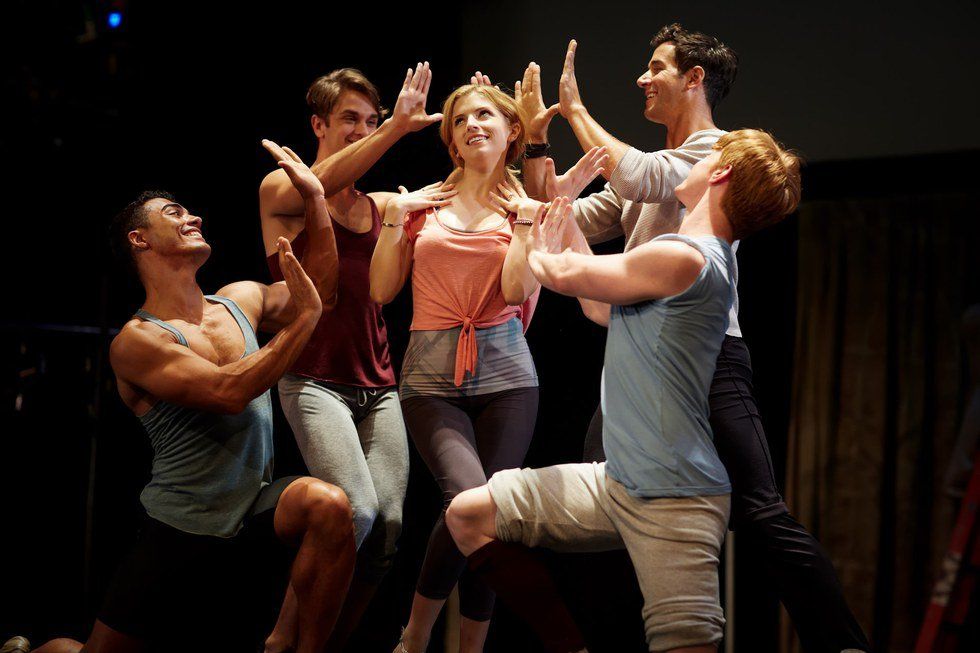The Critical Commons takes the musical “The Last Five Years” and traces the opportunity cost found within the story. “The Last Five Years” is a Jason Robert Brown musical that tells the story of a strained actress named Kathy and a very successful novelist named Jamie. Jamie and Kathy meet in New York City, fall in love and get divorced during a period of five years. Jamie tells their story from the first time they met and Kathy begins from the end of their journey and works her way backwards. There is a song within the musical called "A Summer in Ohio" and the Critical Commons article titled, "Opportunity Cost of a Summer in Ohio" demonstrates opportunity cost. During the song "A Summer in Ohio," Kathy is singing the words of a letter she is writing to her husband. Although Kathy is a struggling actress in New York City, she is offered an opportunity to follow her dream of being an actress at a theatre in Ohio. “The opportunity cost of being an actress is living away from her husband. The fact that she is willing to live with a gay midget, a former stripper and her snake, and in a small place without hot water...also shows the trade-offs she’s willing to suffer to make her dream come true." If she would’ve stayed in New York City and lived vicariously through her husband’s success with his own art instead of going to Ohio, then the opportunity cost of following her dream would have been living vicariously through her husband. This example spoke to me because of my admiration of the musical itself but also because it provided a realistic example of opportunity cost, risk taking and the decision-making process that an actor deals with on a daily basis.
The concept of opportunity cost insists that, if you want something, you have to give up something else. Considering I am an actor, I believe we are chosen. I also believe we are more than the money we make. You don’t wake up one day and decide you are going to be an actor. You grow up knowing the arts are your purpose and you have to decide whether or not you are willing to fight for that purpose. You have to be willing to work harder than the person beside you in your classes, educational artistic opportunities and thousands of audition holding rooms. Many people will reject the idea of a performing arts career because they are unable to comprehend the fulfillment it brings. I was fortunate enough to have a support system that saw a light within me at a young age and encouraged me to go after my dream. They never questioned my drive or ambition, but they made sure I understood the lifestyles some actors live. I understood and with no hesitation or change of heart, I wanted to be an actor, because I was an actor. Throughout my childhood into my early college years, educators and people who had no business telling me what to do tried to alter my decision to be an actor. They said, “you will be waiting tables more than you will be on stage.” I understood the likelihood of that but I didn’t care. No matter how many tables I may have to serve, I know I am an actor, first. I learned at a very young age that you should never let anyone tell you that what you do isn’t honorable.
Say good-bye to backup plans, hesitations and second-guessing. If being an actor is what you want, be fearless and do it. Opportunity cost is being an actor and being willing to make sacrifices for what you love. However, if by chance “you ever decide to travel a different path, you will have no reason to be disappointed in yourself, because it was a choice—not the fear of never having worked at something you believed that you wanted to do."





















